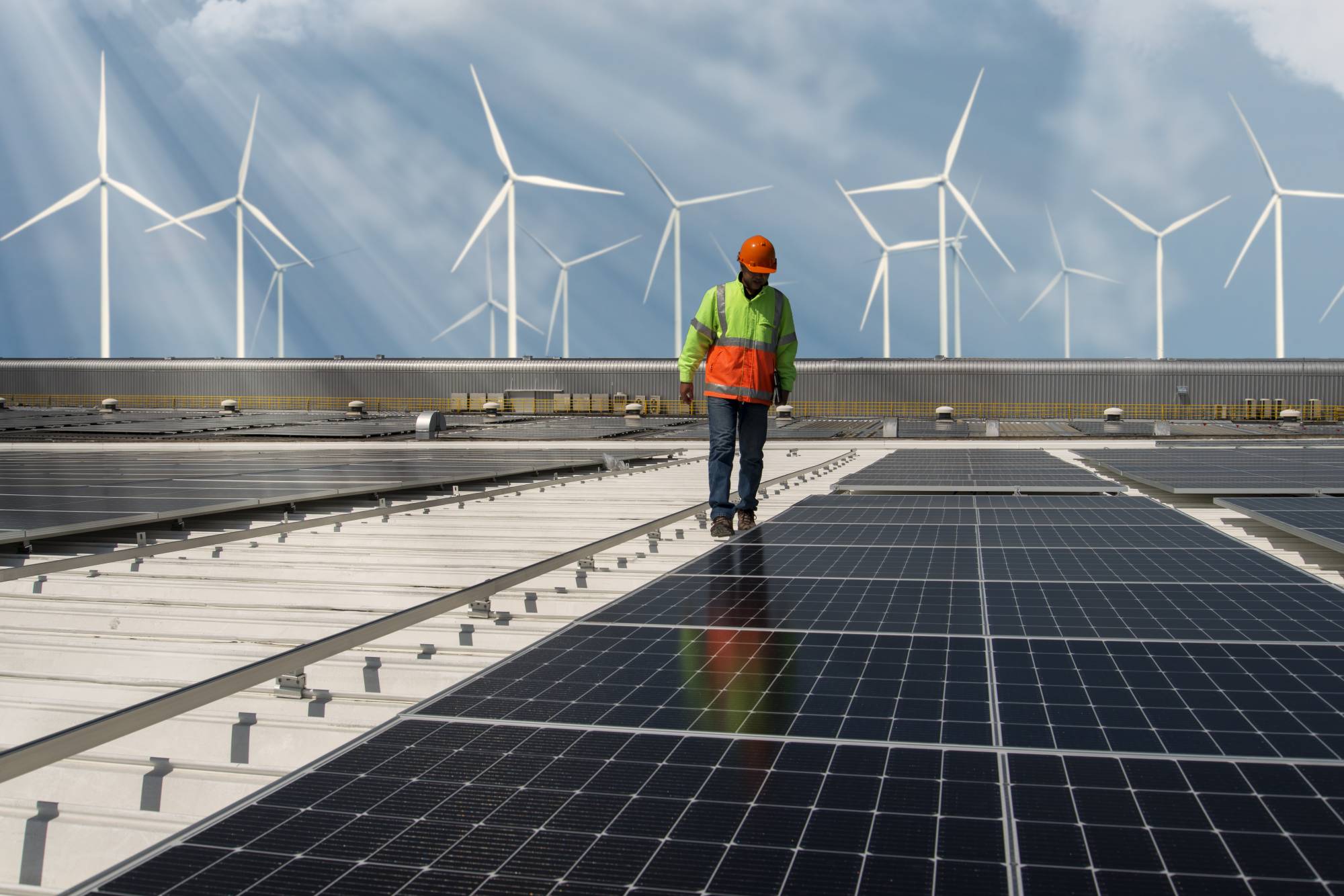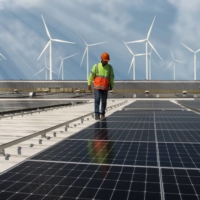The World Economic Forum’s meeting in Davos is finally back in full swing in the snow-capped Swiss Alps after an almost three-year hiatus.
Though the meetings are famously held in winter, the COVID-19 pandemic forced the Davos conference to be held virtually in 2021. When the WEF managed to resume the in-person meeting in 2022, the timing was pushed back to May, when the ski resort was without its usual snow.
This year, the 53rd annual meeting, based on the theme of “Cooperation in a Fragmented World,” will take place from Jan. 16 to 20, and WEF officials say there is extremely strong representation and engagement by global leaders from business, government and civil society who are eager to connect and discuss global responsibility and cooperation. And those leaders include people from Japan and other Asian nations.
The world is facing multiple uncertainties today with the energy crisis in Europe, record-high inflation, a looming economic slowdown, more war in Ukraine, and the ongoing fight against the COVID-19 pandemic.

“Most of the issues that we face are extremely challenging. They cut across geographical boundaries. They cut across industry boundaries. And they are not able to be addressed by any single organization or country on their own,” said Jeremy Jurgens, managing director of the WEF, in a recent interview with The Japan Times.
At the meeting in May, much of the attention was on the war in Ukraine after Russia invaded the country just months earlier in late February. Ukraine President Volodymyr Zelenskyy delivered a speech online as many members of the Ukrainian parliament joined the WEF meeting in person.
But thanks to the pandemic, there were only a small number of delegates from the major players in Asia. China had strict travel restrictions in place, and Japan was holding back all high-ranking officials. As a result, the May meeting appeared to be more Eurocentric than usual.
This time, more leaders from Asia will join Davos, and of the more than 300 sessions scheduled some 70% will be streamed online, enabling participants to broadcast their messages to a wider audience.
People from different sectors are likely to participate virtually as they have already been actively discussing global issues for the future, including artificial intelligence, new workforce challenges and climate change, via the WEF’s online platforms over the past year.
“They all require cooperation to solve. They require dialogue and shared understanding. And this is one of the reasons that we see so much demand for this year’s annual meeting and for the opportunity to engage,” said Jurgens, who is also head of the WEF’s Centre for the Fourth Industrial Revolution.
Many experts expect the global economic slowdown to continue this year with inflation higher than in the past several decades.
“The cost-of-living crisis, tightening financial conditions in most regions, Russia’s invasion of Ukraine, and the lingering COVID-19 pandemic all weigh heavily on the outlook,” said the World Economic Outlook Report issued in October by the International Monetary Fund.
The IMF projects that global growth will slow from 6.0% in 2021 and 3.2% in 2022 to 2.7% in 2023. According to the IMF, this is the weakest growth profile since 2001, not counting the 2008 global financial crisis and the acute phase of the COVID-19 pandemic in 2020.
Some may blame climate policies and commitments to net-zero for increasing energy prices and accelerating the crisis, but the International Energy Agency has found scant evidence of that.
“In the most affected regions, higher shares of renewables were correlated with lower electricity prices — and more efficient homes and electrified heat have provided an important buffer for some — albeit far from enough — consumers,” the IEA said in its World Energy Outlook 2022.
According to the IEA, many governments are introducing longer-term measures to cope with the energy crisis, which will help propel annual clean energy investment globally to more than $2 trillion by 2030, up more than 50% from today.

Such policy measures, along with rising sales of electric vehicles, will enable total demand for fossil fuels to decline steadily from the mid-2020s to 2050 by an annual average roughly equivalent to the lifetime output of a large oil field, it said.
“It is essential to bring everyone on board, especially at a time when geopolitical fractures on energy and climate are all the more visible,” said IEA Executive Director Fatih Birol. “The journey to a more secure and sustainable energy system may not be a smooth one. But today’s crisis makes it crystal clear why we need to press ahead.”
Despite the gloomy economic outlooks that international agencies put out, WEF’s Jurgens said that when he talks to individual leaders, they still see a path forward for growth and development.
Large companies in Europe are managing to navigate the energy crisis and are shifting supply chains and making the investments necessary to diversify their energy supplies, he said.
“So, I am not as pessimistic as the financial press. I think it will be a challenging year, but I do think there will be pockets of growth,’’ he said, citing China, which has just abandoned its COVID-zero lockdown policy, as an economy to watch as it heads for reopening in 2023.
He also said India will be the next economic engine of the world because it boasts a huge young population with a lot of strength in several areas of next-generation technology. India’s Generation Z — those born between 1997 and 2010 — reportedly numbers over 375 million.
India saw droves of tech talent leave for Silicon Valley and beyond in the early 2000s in what was dubbed the “great Indian brain drain,” but now many are returning to India to build startups, according to some experts.
While the United States is only projected to grow 1% and the eurozone 0.5% this year, the IMF projects that China will grow 4.4%, India 6.1% and Japan 1.6%.
Jurgens says that Japan, which will host the summit of the Group of Seven leading industrial nations in Hiroshima in May, is well-positioned to play a pivotal role in solving global issues, especially in an increasingly divided world where many countries sometimes feel forced to choose between the United States and China. Public figures from the G7 and G20 countries will also be attending Davos.
“Japan is the third-largest economy with a deep foundation in technology and manufacturing, skills ... It is seen as a natural partner for many countries,” he said, adding that Japan, with its graying population and technology, can be a role model in many areas that will also be discussed at the Davos conference.
Those areas include health care and “smart cities,” Jurgens said.
“So, I would hope that G7 will provide an opportunity for Japan to demonstrate its leadership on the global stage, showcasing both potential solutions and approaches, as well as signaling that Japan could be a partner for other countries as we navigate these challenges,” Jurgens said.
Sayuri Daimon is a contributing writer and former managing editor of The Japan Times.



















With your current subscription plan you can comment on stories. However, before writing your first comment, please create a display name in the Profile section of your subscriber account page.